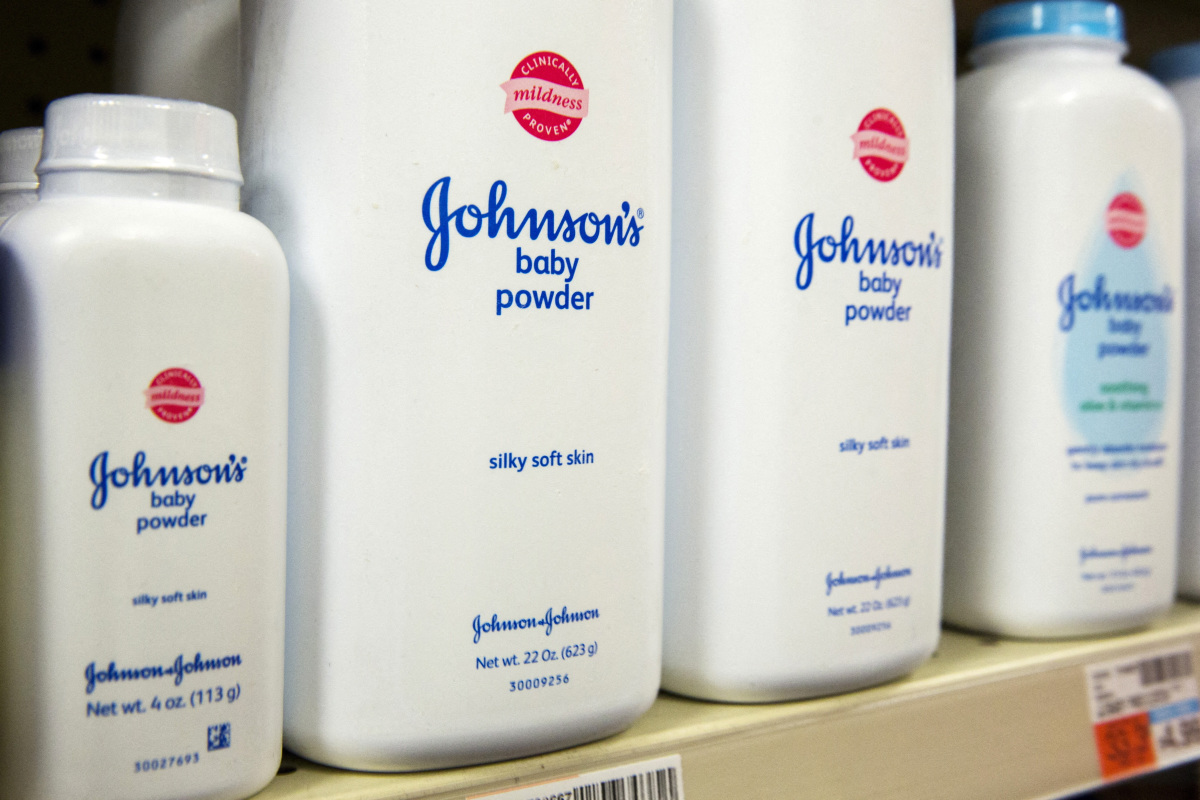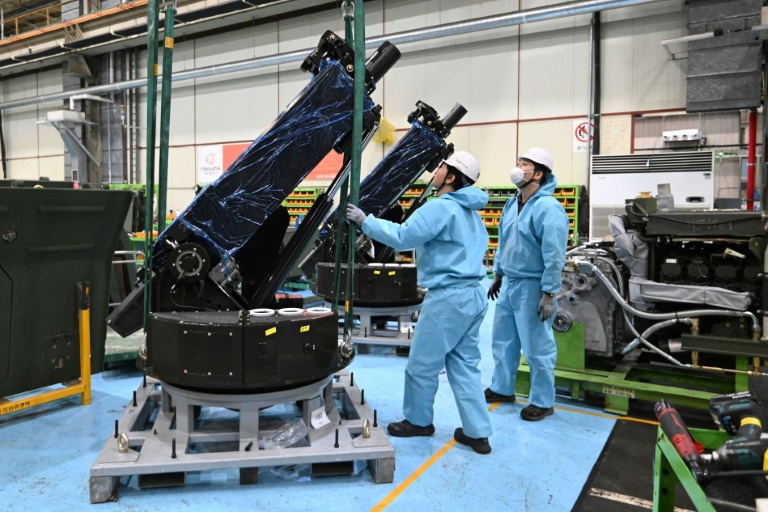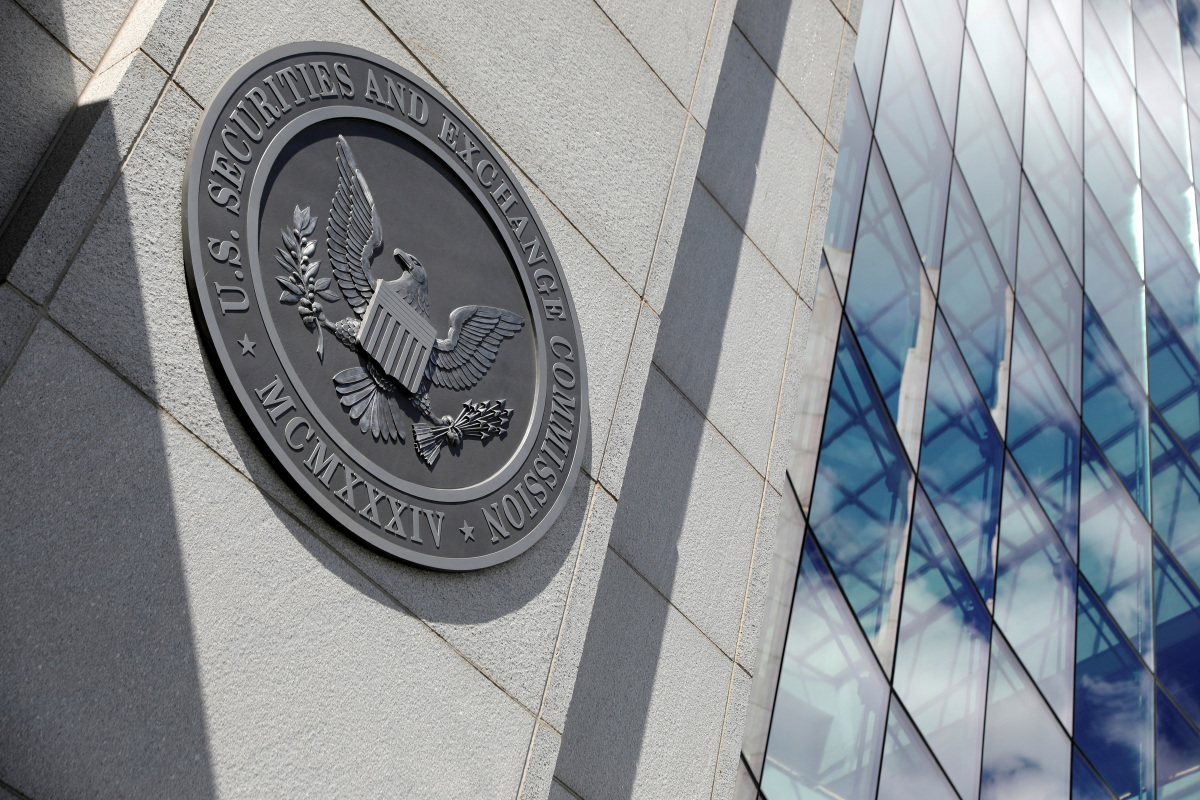Reuters
A U.S. judge on Thursday halted most of the tens of thousands of lawsuits alleging Johnson & Johnson’s baby powder and other talc products caused cancer and stopped any trials as part of a company subsidiary’s second attempt to settle cases in bankruptcy proceedings.
U.S. Bankruptcy Judge Michael Kaplan put most of the litigation temporarily on hold during a hearing in Trenton, New Jersey. The decision, for the most part, granted a request from J&J to freeze cases while it attempts to reach a permanent settlement with current plaintiffs that would also set aside money to pay anyone who might sue the company later.
J&J says it has broad support for a proposed $8.9 billion settlement, a contention disputed by lawyers representing thousands of talc claimants who oppose it.
The J&J subsidiary, LTL Management, filed for bankruptcy a second time earlier this month to help finalize the latest deal, despite a federal appeals court’s decision in January that invalidated its first Chapter 11 filing, on the grounds the J&J unit was not in financial distress.
“I have more questions than answers,” Kaplan said during Thursday’s court hearing, referring to arguments made to him about the second bankruptcy case earlier this week.
The judge halted roughly 38,000 talc lawsuits consolidated in a federal district court in New Jersey. With regard to other cases, he allowed them to proceed so long as no trials commence.
He said he would revisit the ruling in late May.
Erik Haas, J&J’s worldwide vice president of litigation, in a statement called the ruling “a win for claimants” and expressed confidence they would ultimately approve the proposed settlement.
LTL Management argued that allowing litigation against J&J to continue would imperil its current settlement efforts. J&J previously used a complex legal maneuver, known as a Texas two-step, to shift responsibility for the lawsuits to LTL.
Leigh O’Dell, one of the lead lawyers for plaintiffs in the cases consolidated in the New Jersey federal court, said she and her colleagues would continue pursuing evidence from J&J as Judge Kaplan allowed.
But no trials limits the pressure on J&J, she said. “We continue to believe that this bankruptcy effort is illegitimate … and that stance will be affirmed through the appellate process,” she said in a statement.
The judge’s ruling on Thursday kept in legal limbo consumers alleging that J&J talc caused their ovarian cancer or mesothelioma. Some plaintiffs allege asbestos in the talc sickened them. For now, none can test their claims in jury trials.
J&J has said its talc is safe, asbestos-free and does not cause cancer.
The healthcare conglomerate has not filed for bankruptcy itself. In October 2021, J&J divided its consumer business in two and offloaded the talc lawsuits onto its newly created subsidiary, LTL, which almost immediately filed for Chapter 11 in an effort to halt the litigation avalanche and force plaintiffs into a global settlement. That was declared improper by the 3rd U.S. Circuit Court of Appeals.
Kaplan dismissed the bankruptcy earlier this month, only for LTL to file for Chapter 11 again in his court about two hours later. Talc plaintiffs opposing J&J’s settlement proposal plan to file a motion to dismiss the second subsidiary bankruptcy filing soon, one of their lawyers said in court on Tuesday.
They portray J&J’s actions as an abuse of the bankruptcy system by a multinational conglomerate valued at more than $400 billion and in little danger of running out of money to pay cancer victims.
A U.S. Department of Justice official charged with monitoring the case has also pushed back against the second bankruptcy filing.
“Undoubtedly, the debtor has an uphill battle,” Kaplan said, referring to LTL Management’s settlement and reorganization prospects.
J&J and its subsidiary have argued bankruptcy delivers settlement payouts more fairly, efficiently and equitably than a “lottery” offered by trial courts, where some litigants get large awards and others get nothing.







